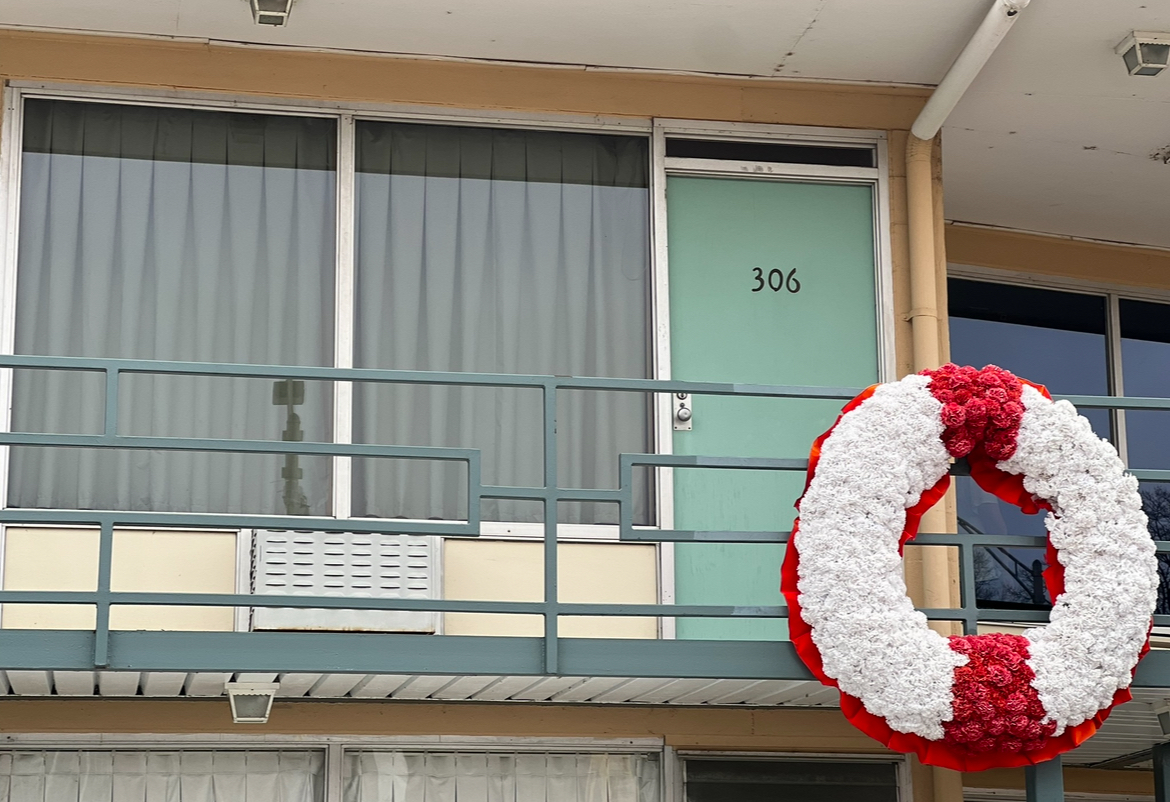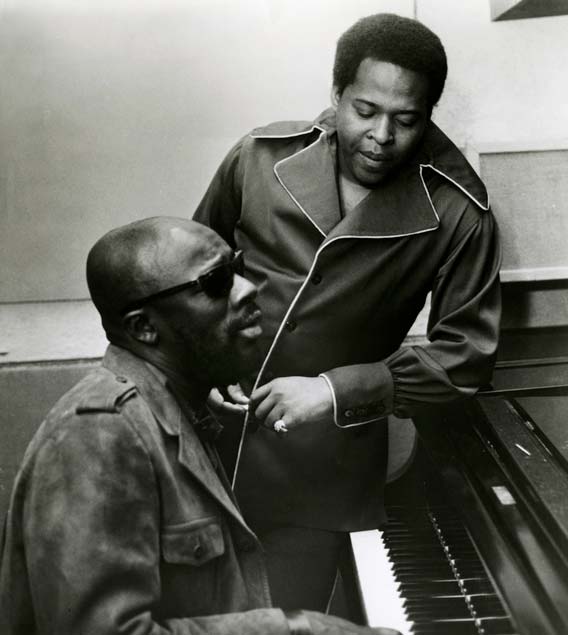Memphis is often hailed as the birthplace of blues and barbecue, but it offers much more. With over 64% of its population identifying as Black, culture is alive and thriving in “Bluff City.” The Lorraine Motel — one of the most significant monuments in Memphis — is engraved in history as the location where Martin Luther King, Jr. was assassinated on April 4, 1968.
Once known as the Marquette Hotel, it was one of the few Black-owned establishments safe for people of color to patronize during the Jim Crow era. Although the hotel is home to one of the most dreadful moments of the Civil Rights Movement, it now houses the National Civil Rights Museum, where its progress is honored.
“The idea for Memphis to create the National Civil Rights Museum at the site of Dr. King’s assassination was intended to bridge that gap, educate the world on the importance of the story, and reconcile the city,” Ryan M. Jones, the National Civil Rights Museum’s associate curator, told Blavity.
According to the museum’s site, it has undergone several changes since its 1991 opening, including a “$27.5 million renovation in 2013 and 2014, adding more than 40 new films, oral histories and interactive media.”
Although new artifacts and immersive exhibits have been routinely added, the museum’s mission has stayed consistent.
“The National Civil Rights Museum honors and preserves the legacy of Dr. Martin Luther King Jr. The museum chronicles the American civil rights movement and tells the story of the ongoing struggle for human rights,” Jones told Blavity following a tour.
He continued, “We educate and serve as a catalyst to inspire action to create positive social change. The museum is dedicated to sharing the culture and lessons from the civil rights movement and exploring how this significant era continues to shape equality and freedom globally.”
The museum boasts carefully curated and striking exhibits, including an actual bus from the 1955 Montgomery City bus line fleet, representing the bus on which Rosa Parks sat, which, of course, sparked the Montgomery Bus Boycott. Rooms 306 and 307, where Dr. King unknowingly spent the last moments of his life, have been frozen in time, allowing visitors to take in the moment that changed the country forever.

Several of the historic images in the museum belong to acclaimed photographer and Memphis native Ernest Withers. His last working studio, located on the infamous Beale Street, has now been transformed into a museum in his honor. The Withers Collection Museum and Gallery houses some of the photographer’s collection of almost two million photos.
The museum’s operation manager, Joe Calhoun, revealed that Withers would often risk his life to go into segregated places and document what was happening.
“The white photographers weren’t welcome. So he was almost like an extended voice of Memphis. And it really worked to his advantage that he was Black,” Calhoun said.
He added that Wither’s proximity to the inner workings of the movement and city provided him the “chance to be on the front line.”

Withers’ portfolio also focused on the city’s music scene. He captured the blues, soul and rock n’ roll artists who frequented Beale Street. Withers’ lens caught artists such as David Porter, one of the pioneers of soul music from the legendary Stax Records.
At 82 years old, Porter is at the helm of the city’s musical evolution. Best known as a songwriter and producer, Porter penned the 1968 Grammy-winning singles “Soul Man” and “Hold on I’m Comin,” which he and his bandmate Sam Moore performed. In 2005, he was inducted into the Songwriters Hall Of Fame with over 400 million records sold.

“The individuality about us as a people has always been there; the innovativeness of what could possibly be has always been that. We just never got credit for it. And the music became a platform to validate it in a really meaningful way,” Porter told Blavity about the impact Black musicians had on the Memphis sound.
Displays at the STAX Museum of American Soul Music chronicle Porter’s genius and contributions to the music industry.
Along with acquiring international fame, Porter has poured back into the city where he started. His company Made In Memphis Entertainment and 4U Recordings studio have launched some prominent artists from Memphis, including Glorilla, Moneybagg Yo and NLE Choppa. In 2012, Porter and his business partner Tony Alexander formed the Consortium MMT, a nonprofit on a mission to develop up-and-coming artists.
Porter expressed that the consortium’s goal wasn’t to replicate the sounds of the past but to push for the individuality of the future.
“We wanted them to be confident and competent in their skills and those things that were inside of them — and it worked,” he said. “So even though the consortium program was giving them principles that we used, individuality was coming out in rap and in progressive things that these young people were thinking about doing. And that’s what the purpose of this is to serve.”
As rich as its history is, the future of Memphis is just as bright. The city is a hub for Black-owned businesses. Heartland Forward reports that 54,000 Black-owned companies are currently in operation. Each one aims to bring something different to their respective lanes.
Chef Arturo Azcarate at Curry N Jerk is cooking authentic Jamaican and Panamanian dishes in the land of barbecue. Jasmine Settles, owner of Cafe Noir, is putting the finishing touches on the city’s first Black-owned bookstore and cafe celebrating BIPOC and LBGTQ+ authors.
Husband-and-wife duo Bartholomew Jones and Renata Henderson have created a java-fueled oasis at Cxffeeblack, a social experiment disguised as a neighborhood coffee shop.
The city’s influence on music, cuisine, art and more has shaped some of the most significant aspects of Black culture. Whether attached to the struggles of the Civil Rights Movement or bridging the gap between Africa and America via expresso beans, Memphis’ dedication to preserving history and culture has permeated beyond the South.
Porter predicts that people’s quest to “feel authenticity again” would eventually thrust Memphis back into the spotlight.
“Someone’s going to find ways to magnify that even more, and then when they think about it, they’re going to want to go to the cool place to get it,” he said. “And Memphis will play an intricate role in doing that.”
